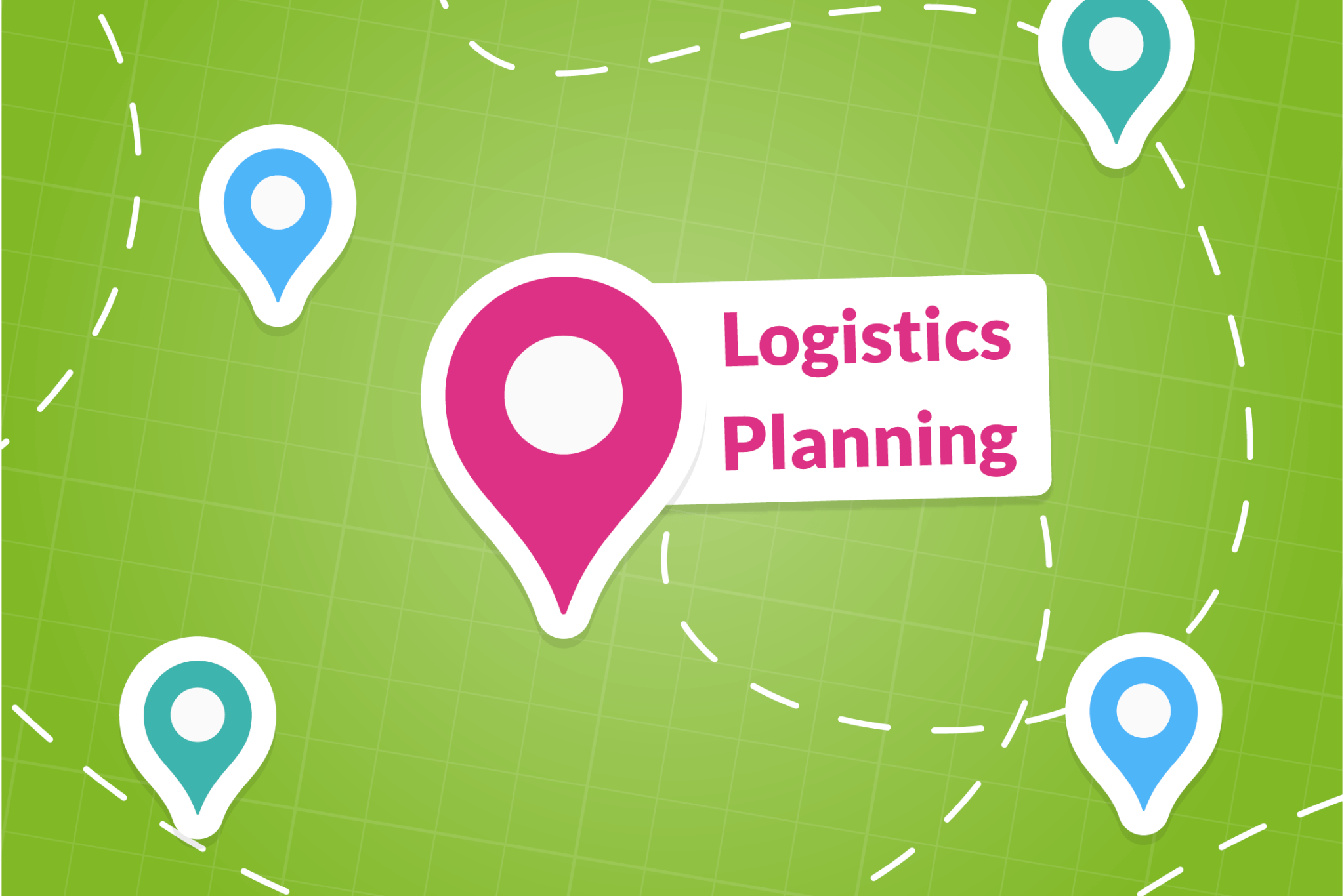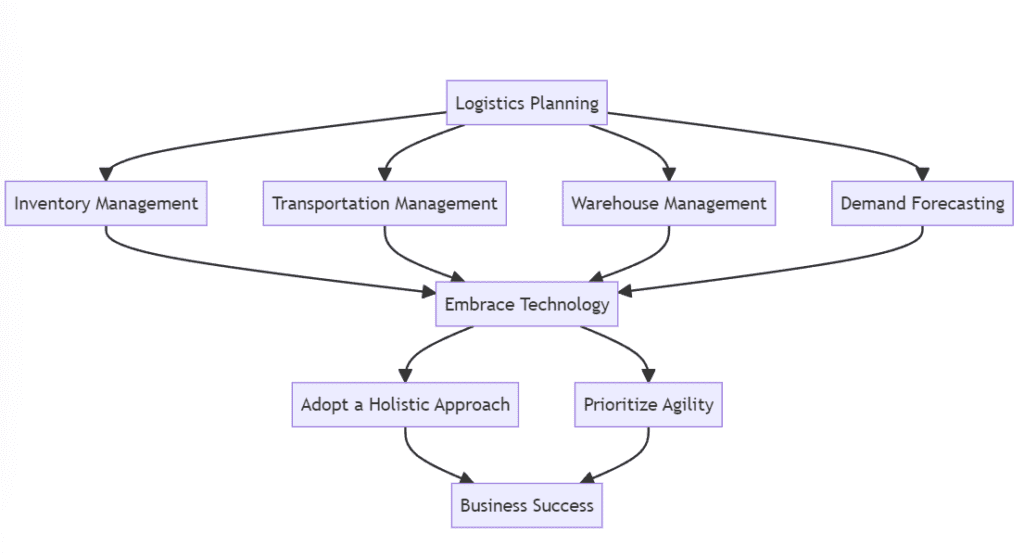
In a swiftly evolving global market, strategic logistics planning stands as a keystone for business success. Elevating the efficiency, accuracy, and overall productivity of your supply chain can offer tangible benefits, leading to sustained growth and profitability.
The Essence of Logistics Planning
Logistics planning refers to the comprehensive process of managing the efficient and cost-effective transportation and storage of goods from the point of origin to the point of consumption. This process not only encompasses raw materials, work-in-process inventory, and finished goods but also involves information flow and resource allocation to meet customer demand.
The Importance of Strategic Logistics Planning
Strategic Supply Chain Coordination can fuel business growth, improve customer satisfaction, and provide a competitive edge. Here’s how:

- Driving Efficiency: It aids in optimizing resources, mitigating risks, and minimizing waste.
- Improving Customer Service: By ensuring timely and accurate delivery, it enhances customer satisfaction and fosters long-term relationships.
- Gaining Competitive Advantage: Effective Supply Chain Coordination facilitates faster response to market changes, distinguishing your business in the marketplace.
Components of Successful Logistics Planning
To excel in logistics planning, understanding its various components is imperative. These components form the backbone of your supply chain, and a proficient handling can significantly amplify your business performance.
Inventory Management
Effective inventory management is crucial to prevent stockouts and overstock situations. Leveraging technologies like real-time tracking and forecasting tools can streamline this process, improving availability and reducing carrying costs.
Transportation Management
Selecting the most cost-effective and reliable modes of transport, planning efficient routes, and managing freight costs form the crux of transportation management. Incorporating transport management software can boost visibility and control over the process.
Warehouse Management
A well-organized warehouse increases storage capacity and facilitates faster, error-free order fulfillment. Implementing warehouse management systems can automate tasks, increase accuracy, and improve labor productivity.
Demand Forecasting
Accurate demand forecasting enables better inventory planning and decreases the risk of stockouts and excess stock. Advanced analytics and machine learning can significantly improve forecasting accuracy, ensuring you meet customer expectations while optimizing costs.
Best Practices for Strategic Logistics Planning
Implementing best practices can significantly enhance the efficacy of your logistics planning, driving business success.
Embrace Technology
Modern technologies such as AI, machine learning, and IoT can transform Supply Chain Coordination by offering real-time visibility, predictive analytics, and automation capabilities. Embrace these technologies to unlock new efficiencies and stay competitive.
Adopt a Holistic Approach
Ensure your logistics planning is integrated with other functions like procurement, production, and sales to maintain alignment and avoid potential bottlenecks.
Prioritize Agility
To navigate the volatile business environment, build agility into your Supply Chain Coordination. This includes having contingency plans, employing flexible strategies, and continually monitoring market trends.
Leveraging Logistics Planning for Business Success
When executed strategically, Supply Chain Coordination can drive significant business outcomes. It boosts operational efficiency, improves customer satisfaction, and provides a competitive edge. By understanding its key components and best practices, businesses can harness the power of logistics planning to fuel their growth and profitability.

The diagram above demonstrates how different components of Supply Chain Coordination and best practices interact to drive business success. Each of these aspects is intertwined and plays a vital role in building an efficient and robust logistics planning process.
Conclusion
In the fast-paced world of business, the importance of strategic Supply Chain Coordination cannot be overstated. When well executed, it can serve as a vital tool to navigate market volatility, exceed customer expectations, and elevate your business performance. Adopting an integrated and agile approach while leveraging technology can enhance the effectiveness of your logistics planning, propelling your business towards success.
Equip yourself with robust Supply Chain Coordination, and watch as your business unlocks new potentials in efficiency, growth, and customer satisfaction. The journey to the top of your industry starts with a single step: mastering logistics planning.